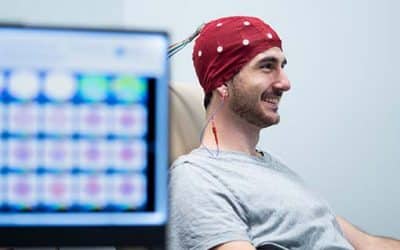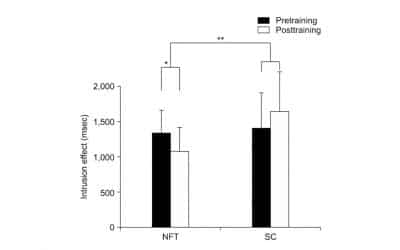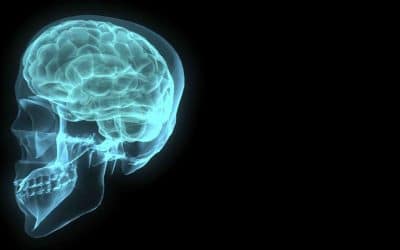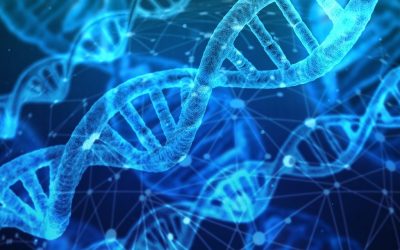Mental Health | Published: March 1st 2022, 08:53AM Discover why the healing powers of oxygen are so beneficial for patients battling this increasingly common mood disorder Before the pandemic, depression was one of the leading mental health conditions among...
Depression
Is Neurofeedback an Effective Treatment for Depression?
Is Neurofeedback an Effective Treatment for Depression? Posted on: December 23rd, 2020 by NeuroHealth Associates Some people consider depression to be an ‘invisible’ disability. No one can see that you’re suffering because it all happens internally. It’s also very...
A Neurofeedback Protocol for Executive Function to Reduce Depression and Rumination: A Controlled Study
Abstract Objective: Rumination is a maladaptive emotional-regulation strategy that is strongly associated with depression. Impaired executive function can lead to difficulties in disengaging from rumination, thus exacerbating depression. In this study, we inspect an...
Role of oxidative stress in depression
Abstract Reactive oxygen species (ROS) have vital roles in cellular signaling and in defence against invasive microorganisms. Excessive ROS generation and exhaustion of antioxidative defences trigger proinflammatory signaling, damaging vital macromolecules and...
Magnesium and depression
Abstract Magnesium is one of the most important elements in the human body and is involved in a number of biochemical processes crucial for the proper functioning of the cardiovascular, alimentary, endocrine, and osteoarticular systems. It also plays a vital...
Mitochondria DNA Change and Oxidative Damage in Clinically Stable Patients with Major Depressive Disorder
Abstract Background: To compare alterations of mitochondria DNA (mtDNA) copy number, single nucleotide polymorphisms (SNPs), and oxidative damage of mtDNA in clinically stable patients with major depressive disorder (MDD). Methods: Patients met DSM-IV diagnostic...
Role of translocator protein density, a marker of neuroinflammation, in the brain during major depressive episodes
Abstract Importance: The neuroinflammatory hypothesis of major depressive disorder is supported by several main findings. First, in humans and animals, activation of the immune system causes sickness behaviors that present during a major depressive episode (MDE), such...
Elevated level of DNA damage and impaired repair of oxidative DNA damage in patients with recurrent depressive disorder
Abstract Background: Depressive disorder (DD), including recurrent DD (rDD), is a severe psychological disease, which affects a large percentage of the world population. Although pathogenesis of the disease is not known, a growing body of evidence shows that...
Effect of anti-inflammatory treatment on depression, depressive symptoms, and adverse effects: a systematic review and meta-analysis of randomized clinical trials
Abstract Importance: Several studies have reported antidepressant effects of anti-inflammatory treatment; however, the results have been conflicting and detrimental adverse effects may contraindicate the use of anti-inflammatory agents. Objective: To systematically...









